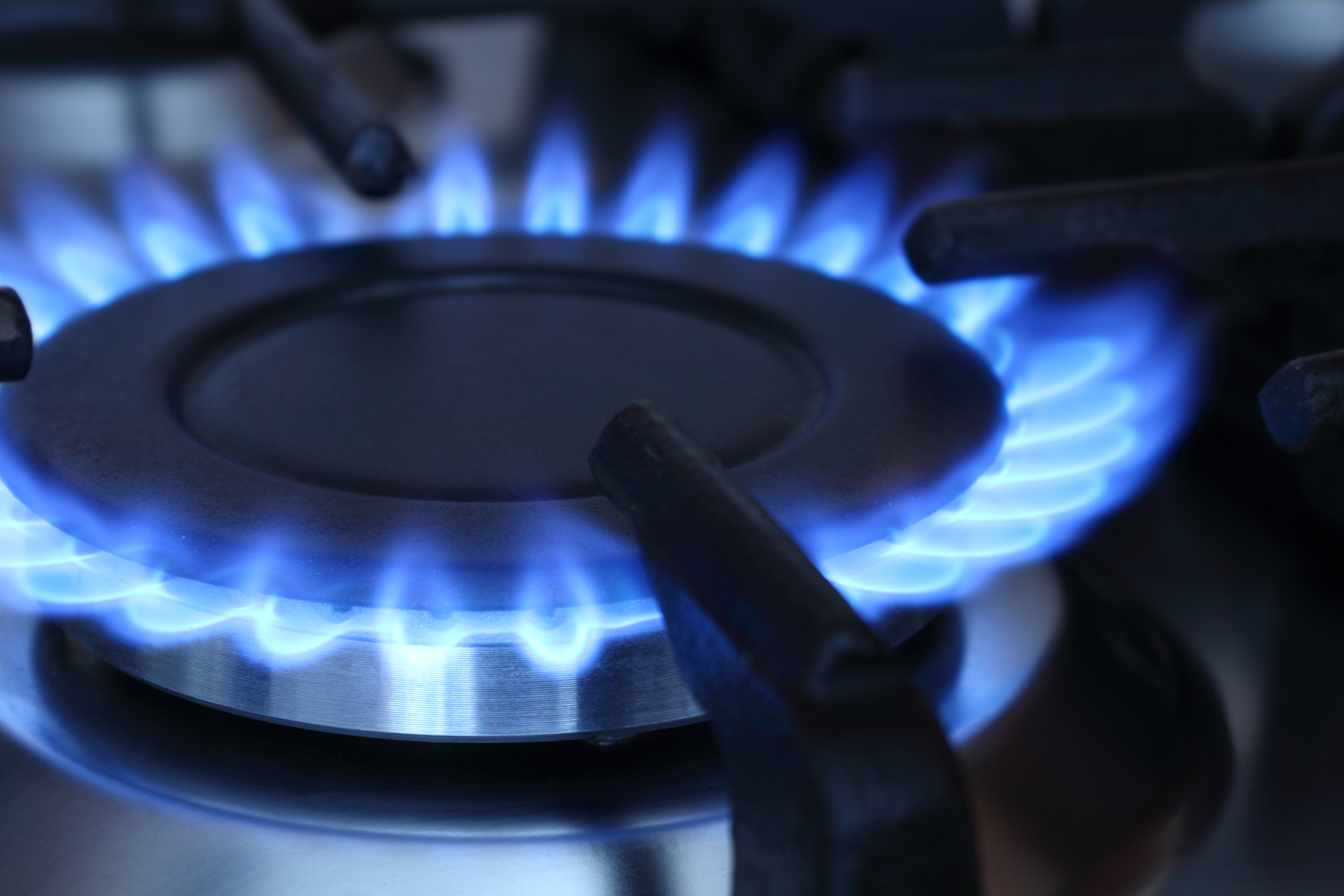Household Bills
Households flock to fixed-rate tariffs ahead of potential energy price hikes

Thousands of UK households are bracing themselves for a fresh round of energy price hikes by opting for a fixed tariff.
According to energyhelpline.com, 86% of the 2,897 consumers who switched via its service between 1-5 September opted for a fixed rate tariff.
In August switching levels increased by 36% from the previous month. So far, they are up a further 26% this month.
This suggests UK households are concerned about the imminent price increases that could be just around the corner and are trying their best to become ‘savvy’ to price hikes, the report said.
The ‘Big Six’ energy providers are expected to increase prices by 5% to 10%. This would push the average consumer’s annual energy bill up by as much as £140 to £1,560 up from £1,420.
Further industry intelligence from recent weeks has hinted even more strongly at these price rises. With UK gas imports rising over 9% year-on-year – in the first half of the year – and with gas storage levels at depressed levels, it is looking more and more likely that prices will rise before the cold weather sets in, according to the research.

Why Life Insurance Still Matters – Even During a Cost-of-Living Crisis
Sponsored by Post Office
Mark Todd, director of energyhelpline, said: “It is a good sign that more people are waking up to the reality of upcoming price hikes and taking action to avoid them.
“The flood of concerned bill payers flocking to fixed tariffs shows that people are no longer willing to take the risk of staying exposed on a standard tariff. You could view getting on a fixed rate energy tariff now a little like getting on Noah’s ark before the flood.
“Most households, over 20 million in fact, are not on a fixed rate tariff and are likely to face a nasty shock come winter if they chose not to act. Typical energy prices will probably have hit new record highs of over £1,500 a year by the end of the winter.”